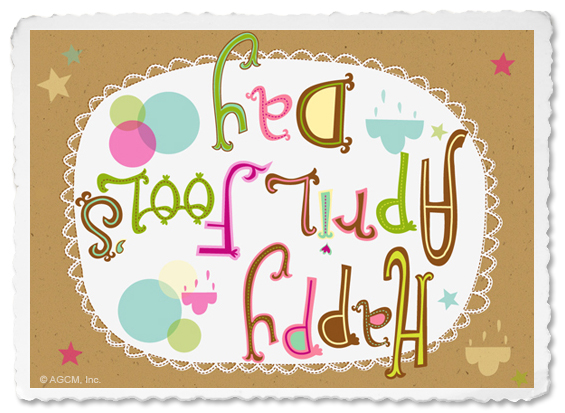April Fools’ Day is celebrated every year on the first day of April as a day when people play practical jokes and hoaxes on each other.
The jokes and their victims are known as “April fools”. Hoax stories may be reported by the press and other media on this day and explained on subsequent days. Popular since the 19th century, the day is not a national holiday in any country, but it is well known in India, Canada, Europe, Australia, Brazil and the United States.
In 1708 a correspondent wrote to the British Apollo magazine asking, “Whence proceeds the custom of making April Fools?” The question is one that many people are still asking today.
The puzzle that April Fool’s Day presents to cultural historians is that it was only during the eighteenth century that detailed references to it (and curiosity about it) began to appear. But at that time, the custom was already well established throughout northern Europe and was regarded as being of great antiquity. How had the tradition been adopted by so many different European cultures without provoking more comments in the written record?
References to April Fool’s Day can be found as early as the 1500s. However, these early references were infrequent and tended to be vague and ambiguous. Shakespeare, writing in the late sixteenth and early seventeenth centuries, made no mention of April Fool’s Day, despite being, as Charles Dickens Jr. put it, a writer who “delights in fools in general.”
Many theories have been put forward about how the tradition began. Unfortunately, none of them are very compelling. So the origin of the “custom of making April Fools” remains as much a mystery to us as it was back in 1708.
Source: hoaxes.org

















